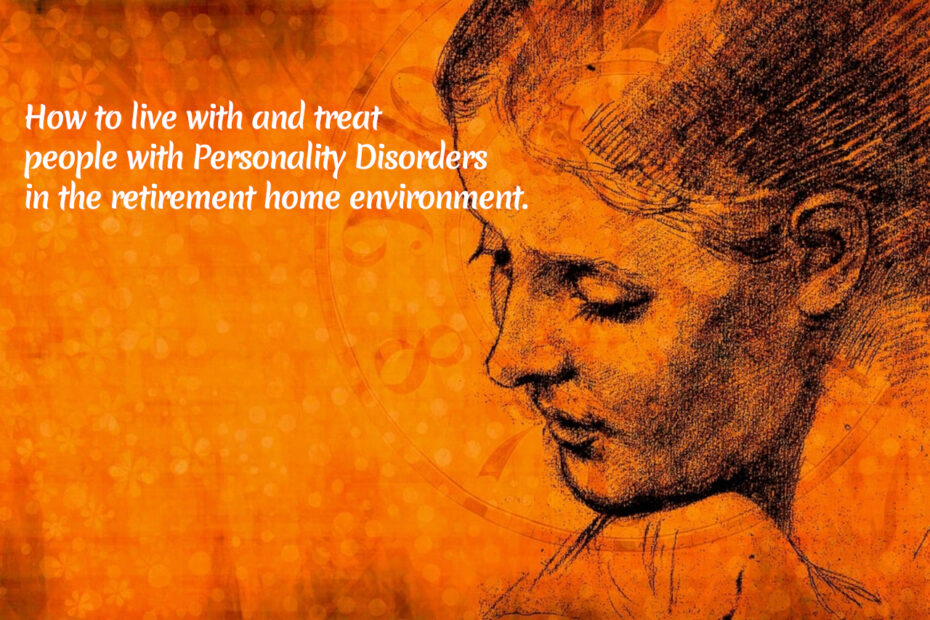Medication-Induced Movement Disorders and Other Adverse Effects of Medication
Medication-induced movement disorders (MIMDs) can affect older adults, causing unsettling symptoms like involuntary movements and tremors. This blog post delves into various types of MIMDs, including neuroleptic-induced Parkinsonism, neuroleptic malignant syndrome, and tardive dyskinesia, offering insights into their causes, symptoms, and management strategies to help mitigate their impact and improve quality of life.




